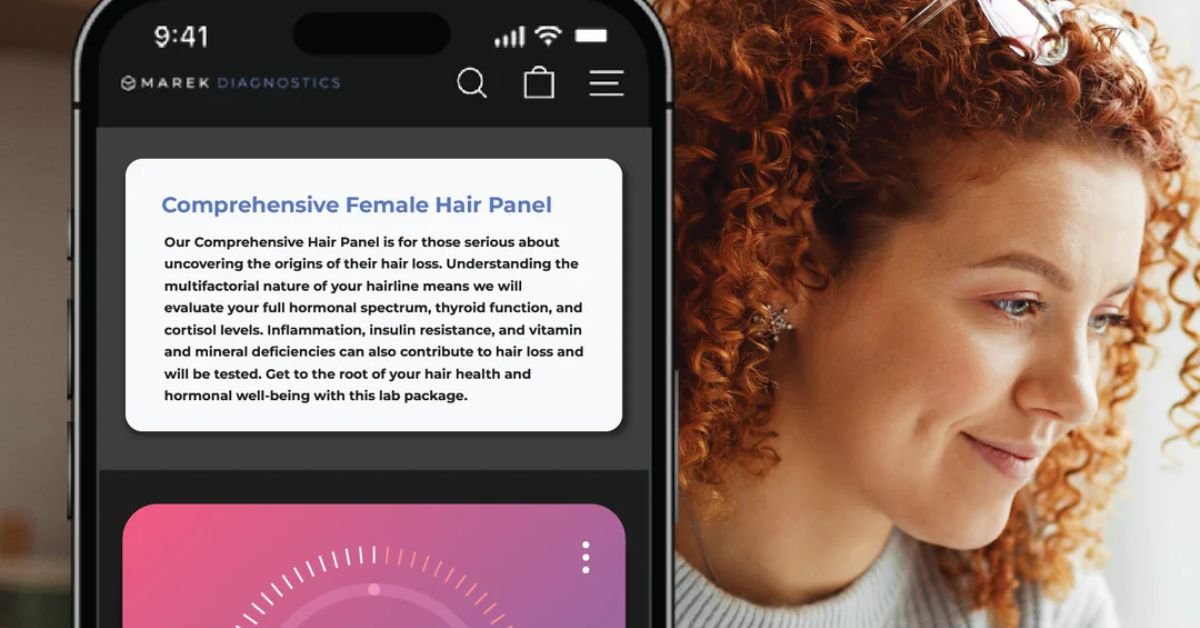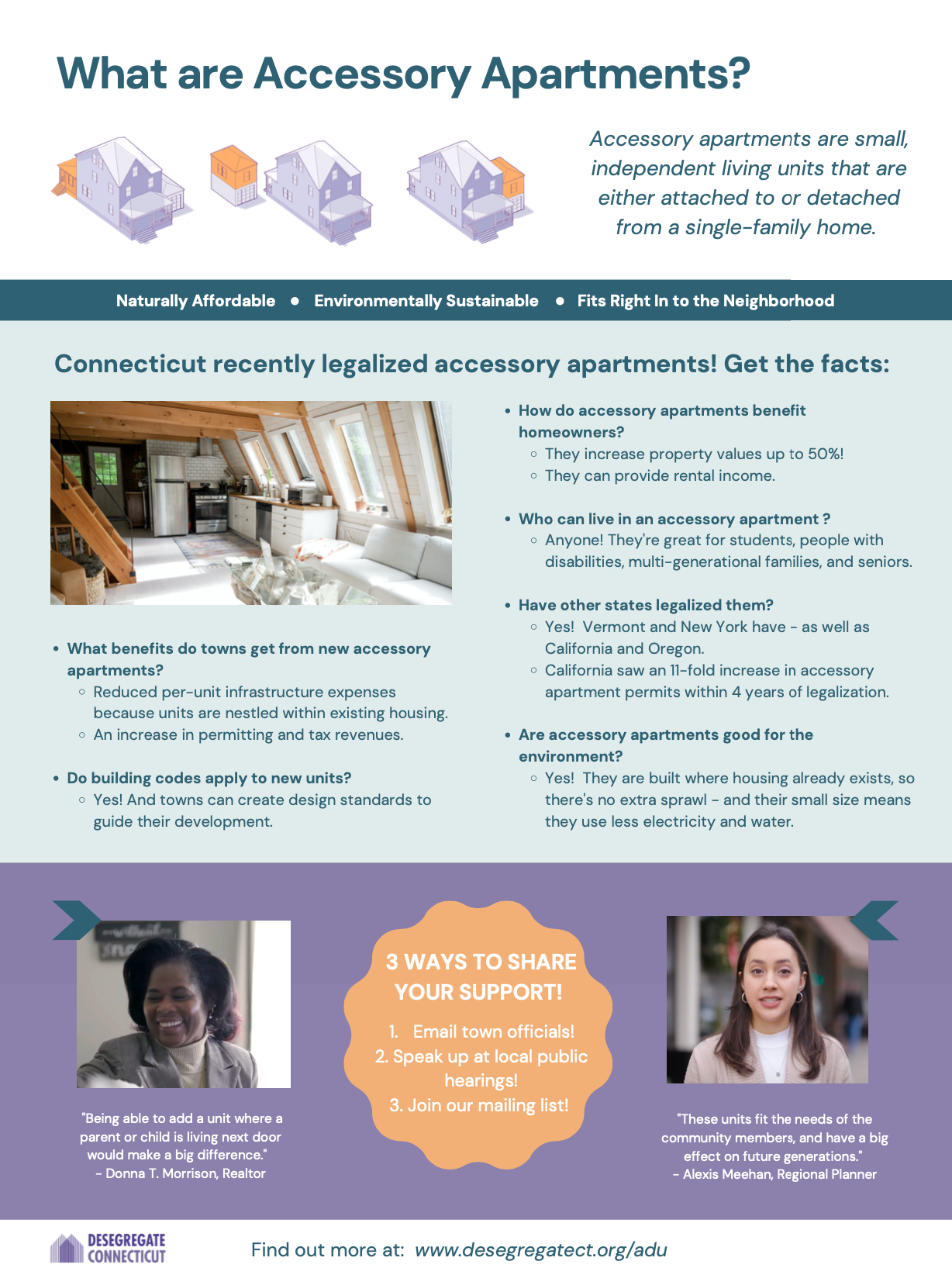Introduction to Health Literacy in Arizona
Health literacy is a crucial aspect of public health that affects individuals’ ability to access, understand, and utilize health information effectively. In Arizona, the Arizona Health Literacy Coalition (AHLC)plays a pivotal role in promoting health literacy across diverse communities. This article explores the coalition’s initiatives, challenges, and strategies aimed at improving health literacy in the state.
What is Health Literacy?
Health literacy refers to the degree to which individuals can obtain, process, and understand basic health information needed to make informed health decisions. It encompasses a range of skills, including reading, comprehension, and the ability to navigate the healthcare system. According to the CDC, nearly90% of adultsin the U.S. struggle with understanding complex health information.
The Arizona Health Literacy Coalition: An Overview
The Arizona Health Literacy Coalition is an informal group composed of individuals and organizations dedicated to enhancing health literacy throughout Arizona. The coalition works collaboratively with various stakeholders to address the unique needs of different populations within the state.
Goals of the Coalition
- Increase Awareness: Raise awareness about the importance of health literacy.
- Develop Resources: Create and disseminate educational materials tailored to diverse audiences.
- Foster Collaborations: Build partnerships with healthcare providers, educational institutions, and community organizations.
Importance of Health Literacy in Arizona
Arizona’s diverse population presents unique challenges related to health literacy. Factors such as language barriers, socioeconomic status, and educational attainment significantly impact individuals’ ability to access and understand health information.
Demographic Challenges
- Language Diversity: With over 31% of Arizona’s population identifying as Hispanic or Latino, there is a pressing need for bilingual resources
2
. - Age Factor: Older adults often face greater challenges in understanding health information due to cognitive decline and unfamiliarity with medical terminology
2
.
Strategies for Improving Health Literacy
1. Community Engagement
Engaging communities through workshops and seminars helps raise awareness about health literacy. These events provide valuable opportunities for individuals to learn about managing their health effectively.
2. Educational Materials
The coalition develops educational materials that are culturally relevant and accessible. This includes brochures, videos, and online resources tailored for specific demographics.
3. Training Healthcare Providers
Training healthcare providers on effective communication strategies can enhance patient understanding. Techniques such as the “Ask Me Three” approach encourage patients to ask specific questions about their health conditions
.
4. Utilizing Technology
Leveraging technology is essential for reaching younger audiences. Social media platforms can be effective channels for disseminating health information and engaging with the community
The Role of Schools in Promoting Health Literacy
Schools serve as critical environments for fostering health literacy from an early age. Integrating health education into school curricula can equip students with essential skills for making informed health decisions throughout their lives.
Programs in Schools
- Health Education Curriculum: Incorporating comprehensive health education programs that cover topics like nutrition, mental health, and preventive care.
- Parental Involvement: Engaging parents through workshops can reinforce healthy behaviors at home.
Addressing Barriers to Health Literacy
Socioeconomic Factors
Poverty significantly impacts individuals’ ability to access healthcare services and understand health information. Initiatives aimed at reducing socioeconomic disparities are crucial for improving overall health literacy in Arizona.
Cultural Competency
Culturally competent care involves understanding patients’ backgrounds and tailoring communication accordingly. This approach enhances trust and improves patient-provider interactions.
The Impact of COVID-19 on Health Literacy
The COVID-19 pandemic highlighted existing gaps in health literacy across communities. Misinformation spread rapidly during this time, emphasizing the need for clear and accessible public health messaging.
Lessons Learned
- Rapid Response: The pandemic underscored the importance of timely communication from public health officials.
- Community Trust: Building trust within communities is essential for effective public health messaging.
Future Directions for the Arizona Health Literacy Coalition
The coalition aims to expand its reach by focusing on innovative strategies that address emerging challenges in health literacy.
Collaborative Efforts
Collaborating with local organizations can enhance resource sharing and improve outreach efforts. This approach fosters a more integrated response to addressing health literacy challenges.
Research Initiatives
Conducting research on effective interventions can inform future strategies and help measure progress in improving health literacy across Arizona
Conclusion
The Arizona Health Literacy Coalition plays a vital role in addressing the complex issue of health literacy within the state. By focusing on community engagement, educational resources, and collaboration with healthcare providers, the coalition aims to empower individuals to make informed decisions about their health. As Arizona continues to evolve demographically, ongoing efforts will be essential in ensuring that all residents have access to clear and comprehensible health information




